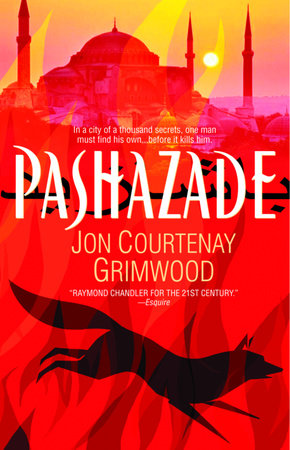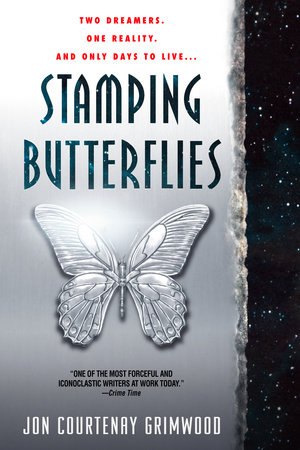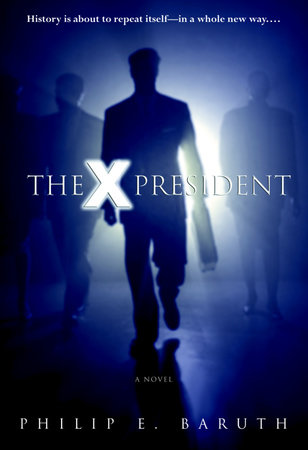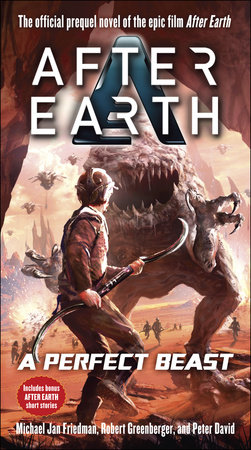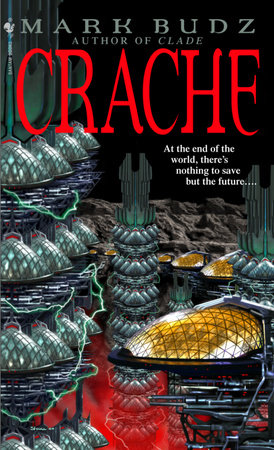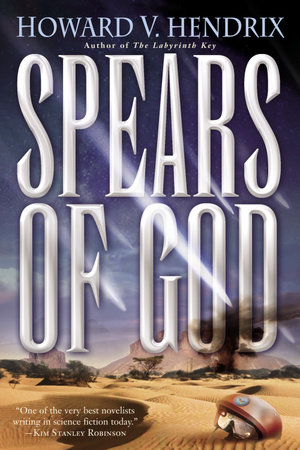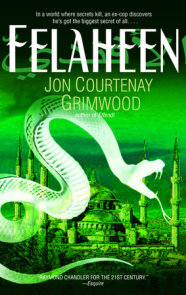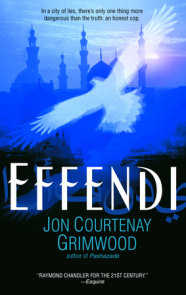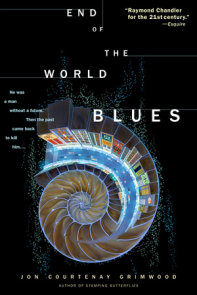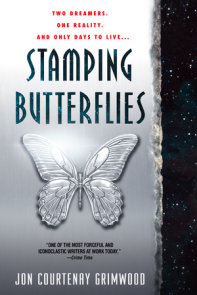Author Q&A
Creating the Exotic Alternate Reality of Pashazade
by Jon Courtenay Grimwood
Like any other human being, I am a product of my upbringing. Perhaps the weirdness of that childhood is why the setting for my Arabesk Trilogy novels often takes readers by surprise. After all, most SF fans do not expect to find themselves in an alternative North Africa where the Ottoman Empire still rules and the world never lived through the Second World War.
But then again, unlike many people, much of my childhood was spent on planes and in exotic cities, as I migrated between the UK, Malta, the Far East, and Scandinavia. I was as much at home in the bustling markets, temples, and holy shrines of these places as I was in the Eurocentric culture to which most of us are accustomed. Many of these experiences from my early life infuse the Arabesk Trilogy, especially the first book, Pashazade.
Set in the cosmopolitan city of El Iskandryia, the novel occupies a world where America brokered a peace to the First World War and Germany holds a strong influence over the still-vibrant Ottoman Empire. Based on Egypt’s ancient city of Alexandria, El Iskandryia is a city of narrow streets and grand squares, sin and secrets, as seedy and intriguing as the setting for any pulp mystery.
The research I did to create the gritty realism of my city was extensive, right down to drawing maps, finding old photographs and changing the names of actual streets back to their old Ottoman names. I wanted the world of my Ashraf Bey novels to be a mirror of the real cities I have visited in the region.
As humans, we find it hard enough to understand people we know and trying to understand other cultures can be even harder. It was this scope for misunderstanding that made me want to write Pashazade. That, and the fact I used to own a gray silk shirt with Mogul war elephants on it. All of my books usually grow out of a single image, they always have done. I might not know what happens before or after the picture in my head, who the strange characters are or what they’re doing, but everything always begins with an image. For Pashazade, strangely enough, there were two. The first was of a fox drinking coffee in a North African café, while looking out through the eyes of its owner. The second was of a dreadlocked man lining up to take a lie-detector test at an Immigration desk, ready to swear that he’d never killed anybody but knowing that he had. For reasons my subconscious never made clear, the man was wearing my elephant shirt.
The owner of the shirt became Raf, a man on his way to an arranged marriage, although he didn’t know that yet. The city where he landed became El Iskandryia.
"Napoleon called the city five shacks built over a dung heap. Nelson, being British, couldn’t even get the sex right and dismissed the city as a crippled dog. But the insults meant nothing to Isk. For Isk was hermaphrodite, ageless. A vampire of a city. Venerable and elegant, with a taste for fresh blood it kept hidden behind stately boulevards and impeccable manners, in daylight at least. Nighttime found the city stretching itself and yawning to reveal ancient fangs. Though the half-smile never left its face and the dark glint never left its eye.”
It was to become one of my favorite places.
